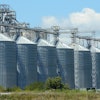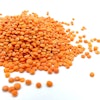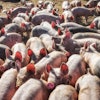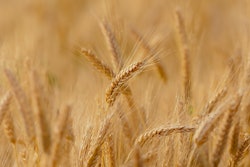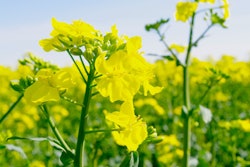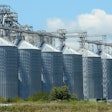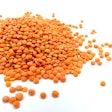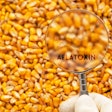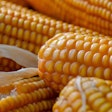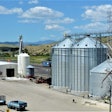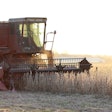
TheU.S. Grains Council(USGC) recently released ahandbookabout new and evolving high-protein corn coproducts produced by the U.S. ethanol industry.
It is meant to update international customers on the nutritional profiles of these products and their applications in animal feed.
USGC has led the creation of the handbook, which will articulate the differences between traditional distiller’s dried grains with solubles (DDGS) and newer, higher-protein corn coproducts.
"Considering the increasing popularity and usages of U.S. DDGS, plus the new high-value corn co-products now entering the market, we believe this handbook will help buyers and end users stay informed on these high-quality feed ingredients," said Kurt Shultz, USGC senior director of global strategies. “The council has a robust catalog of information about U.S. corn co-products that will help international producers incorporate them into their animal rations.”
The high-protein handbook is a supplement to USGC’s existing series of DDGS user handbooks, which have been a resource for U.S. DDGS importers around the world since 2007.
The guide was written by Dr. Jerry Shurson, a professor of animal nutrition at the University of Minnesota. Shurson also authored all four editions of USGC's standard DDGS handbook, providing a consistent and digestible library of information about U.S. feed product options.
Contents of the handbook include chapters explaining the nutritional composition of high-protein corn co-products and details about feeding applications for a wide variety of animals, as well as in aquaculture diets.
A chapter is also dedicated to wet and dried corn fiber/bran and solubles (CBS), deoiled DDGS, and corn distillers oil (CDO) to give buyers and end-users even more information about the latest developments in U.S. corn co-products.
"In periods of higher global grain prices, U.S. corn co-products are one tool to lower feed costs," Shultz said. "There are many excellent alternative feed ingredients produced by the U.S. ethanol industry. When included in properly formulated feeds, it results in outstanding animal health, performance and feed product quality."

